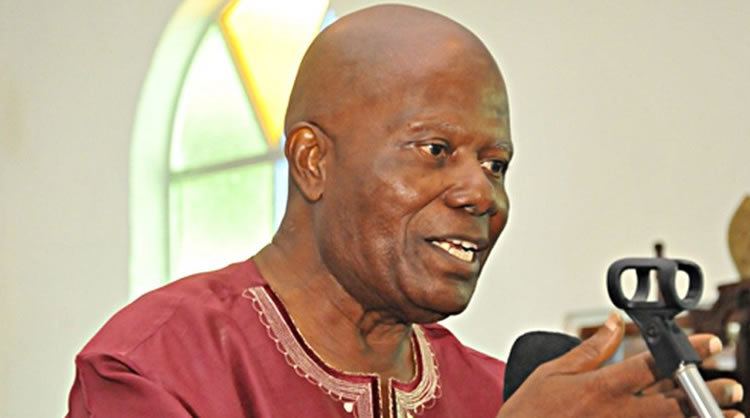In the political landscape of Liberia, a troubling narrative has emerged regarding the integrity of public officials and the corrupt practices that pervade the system. Togba-Nah Tipoteh, a former Budget Advisor and Budget Director for the Liberian government, highlights the irony and dishonesty exhibited by elected officials who, while instrumental in appointing certain individuals to high offices, later attempted to remove them for monetary gain. This pattern of behavior raises significant questions about the motivations driving these individuals. It suggests a pervasive money-driven culture among public officials, where personal gain supersedes the public good, leaving the country vulnerable to systemic corruption.
The alarming reports of bribery within the government detail how some officials reportedly offered up to USD 25,000 each to facilitate the removal of their peers from public office. Such practices not only violate the Rule of Law but also indicate a concerning lack of accountability. The money used for these corrupt dealings does not originate from the national budget, pointing to an underlying, often hidden, financial network that supports these illicit activities. The executive branch is not oblivious to this corruption. By wielding power unjustly, these officials betray their duties and responsibilities, undermining the trust placed in them by their constituents.
At the heart of corruption lies bribery, classified as a second-degree felony under the law that carries serious penalties, including imprisonment. Tipoteh emphasizes the importance of holding these violators accountable, as evidenced by the outcome of the October 10, 2023, election, where legislators engaged in dishonest conduct faced non-re-election. This reflects a growing awareness among citizens regarding their rights and the need to uphold justice. The principle of accountability must not only be enforced through legal means but cultivated within a political culture that values transparency and integrity.
The implications of such corruption extend beyond individual acts; they challenge the very foundation of the electoral system in Liberia. As the populace becomes increasingly aware of these issues, they begin to demand change. The movement towards raising awareness and advocating for justice plays a pivotal role in converting a flawed electoral process into a fair and enduring one. The active engagement of citizens signals a transformation that seeks to challenge the status quo and demand accountability from those in power.
Tipoteh’s call for action underscores the necessity of electing conscientious leaders committed to upholding the rule of law and fostering a system of justice. He posits that only by electing individuals with proven good records can Liberia hope to cultivate the peace and progress it desperately needs. A just society is rooted in the principles of fairness and accountability, and it is crucial that the electorate shifts towards supporting candidates who prioritize these values over personal gain and corruption.
In conclusion, the need for a systemic overhaul of Liberia’s political environment is clear. Corruption not only erodes trust in government institutions but also poses a significant barrier to the country’s development. Raising awareness among citizens regarding their rights and the importance of voting is essential to creating a political climate that rewards integrity while punishing malfeasance. The journey towards a more just and equitable Liberia requires collective efforts to elect leaders deserving of public trust, ultimately laying the groundwork for a brighter future built on the pillars of justice, peace, and progress.


